A quick September vegetable garden planning is a promise of an immunity boosting fall-winter harvest. Here are 8 vegetables to grow this September:
1. Coriander

Growing this lush green staple herb of all Indian diets is a promise of farm-fresh access. You will be surprised to learn about coriander health benefits. Coriander seeds can be planted at a spot receiving partial sun, about four to five hours or some hours of the morning sun. Ensuring a regular watering routine for watering is the key to health of coriander plant. Learn how to grow coriander at home.
Pro-growing tip:
Avoid transplanting coriander. We recommend starting from the seeds straight over repotting. Keep the soil sufficiently moist without over-draining.
2. Spinach

Spinach is ready to harvest in about 45 to 60 days. The crop grows well in partial sun and requires healthy soil with pH 7, rich in organic matter. Avoid overwatering to prevent bolting of the leaves. Learn how to grow spinach at home.
Boost immunity with spinach varieties like spinach matador and baby leaf spinach.
Pro-growing tip:
Spinach, peas, and brinjals make perfect companion plants. Saponin, a compound secreted by spinach roots, has antifungal properties. Growing spinach with these companion plants will build collaborative pest and weed resistance.
3. Cabbage

Cabbage tops the list of ‘easiest to grow’ leafy greens. Learn how to grow cabbage at home. Just sprinkle the seeds once you have prepared either of the growing medium with a simple soil mix. Add a thin top layer of soil and ensure regular watering. Watch out for pests. You can add some neem oil to keep unwanted insects away. Harvest will be ready in about 100 days. Go ‘all- gourmet’ with cabbage seed varieties like red cabbage and chinese cabbage.
Pro-growing tip:
Cabbage needs to be transplanted. Ensure full sun, 6 to 7 hours, during the seed germination stage for healthy transplants.
4. Kohlrabi
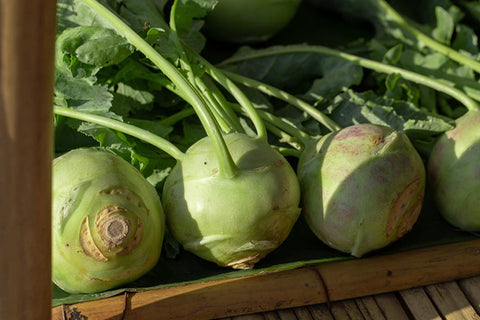
Plant kohlrabi seeds in well-draining, loamy soil with pH levels 5.5 to 6. Seeds germinate in 7-10 days. Water regularly to avoid woody stems as kohlrabi needs a lot of water. Expose to full sun for best yield. Harvest is ready within 50-60 days.
Explore kohlrabi seed varieties like Green Kohlrabi, purple Kohlrabi and green baby leaf kohlrabi.
Pro-growing tip:
Kohlrabi is subject to clubroot, cabbage worms, loppers, and weeds. You can spray some organic soapy solution and clean water to effectively get rid of those.
5. Peas
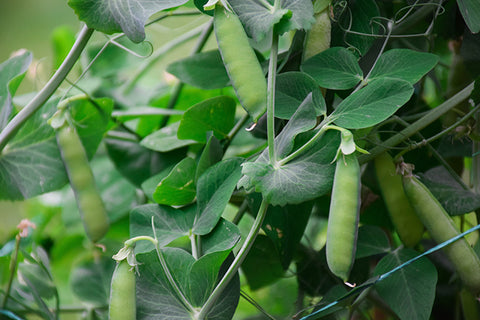
Peas seeds require a relatively cooler climate. Ensure full sun and regular but light watering intervals. Avoid any nitrogen-rich fertilizer as it enhances foliage growth but inhibits crop yield. Peas are ready to harvest in about 60 days.
You may also grow baby leaf peas alongside, for their mild and earthy flavour.
Pro-growing tip:
Transplanting can be dangerous due to delicate roots. It is best to sow pea seeds outdoors. You may establish a small support system for vines with the help of a fence or trellis.
6. Beans

Beans are one of the best nitrogen fixers and improve soil fertility. They are healthy for you as well as your garden. Plant beans seeds directly in a nutrient-rich potting mix or soil. Water on alternate days and provide partial to full sun, 4-7 hours a day. Mulch once the seeds have sprouted. Harvest in 40 days from the day of the plantation.
Yellow beans, purple beans, and cluster beans are sure to add an eclectic touch to your culinary delights.
Pro-growing tip:
Beans have a delicate root system. Therefore, it is not recommended to transplant by starting indoors. You may directly sow bean seeds in the ground.
7. Brinjal

Brinjals are effective in reducing cholesterol levels. Seed germination takes about 3 weeks and brinjals become harvest-ready in approximately 100 days after seed germination. This hardy plant can be directly planted in soil with pH 6.3 and requires full soon.
Long brinjal, round brinjal, long green brinjal and long purple brinjal seed varieties are well suited for containers as well as garden bed planting.
Pro-growing tip:
Brinjals are heavy phosphorus feeders. You may increase yield by adding natural fertilizers rich in nitrogen and phosphorus.
8. Lettuce

Lettuce seeds grow well in loamy, well-draining soil. You may add some vermicompost to improve soil fertility. Lettuce seeds germinate in 7 to 9 days and will be harvest-ready in 45-50 days. Lettuce requires about 4 hours of sun in the initial 2 weeks. You may gradually increase to 6-7 hrs of sun a day.
Lettuce seed varieties like romaine lettuce, red romaine lettuce, iceberg lettuce and lolo red lettuce are sure to flaunt your garden aesthetics.
Pro-growing tip:
Always harvest them in the morning. Or water them 15 mins before you are about to cut the leaves to retain freshness.


 Sign In
Sign In


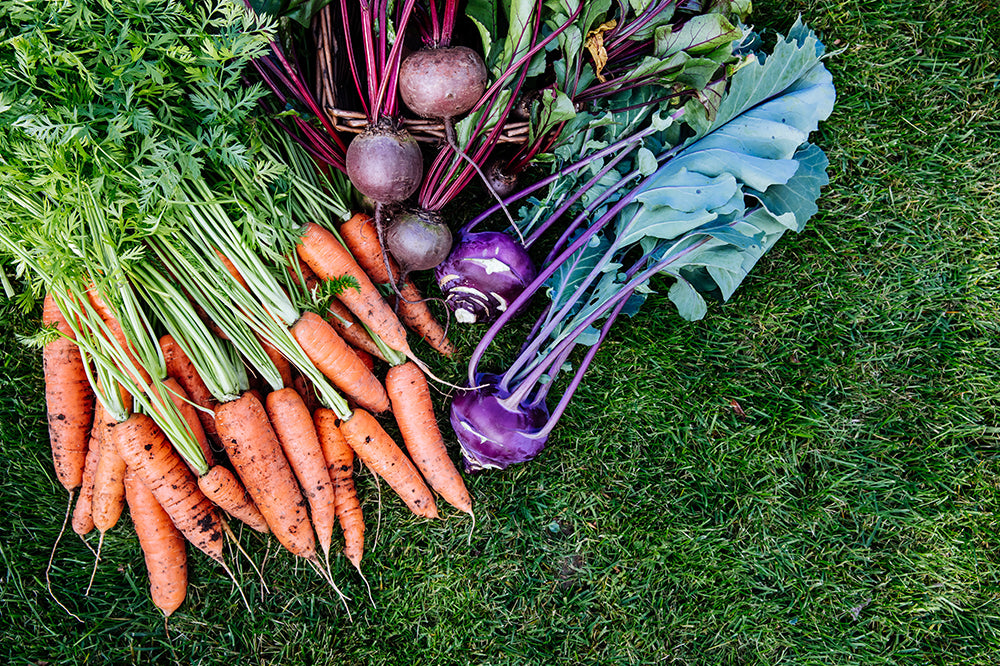
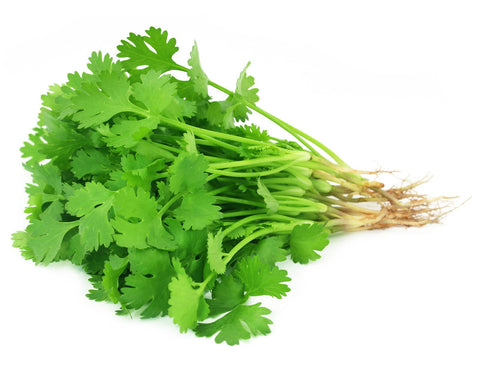
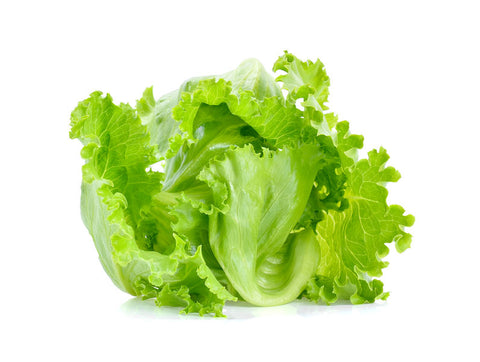
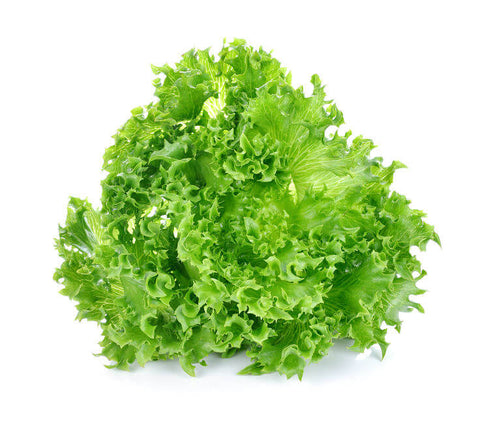
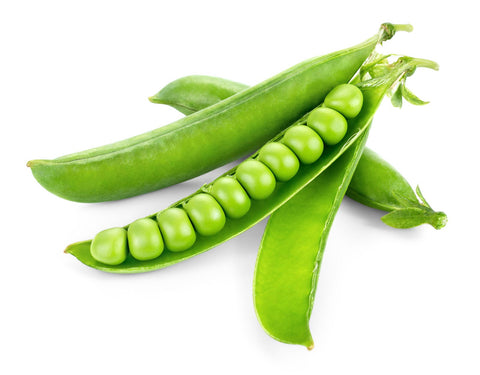
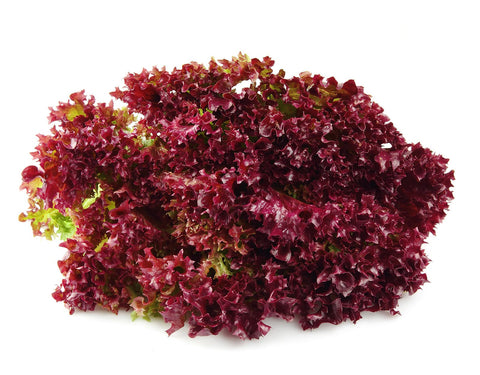
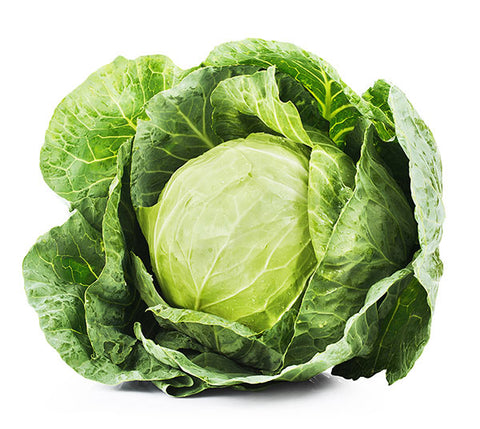
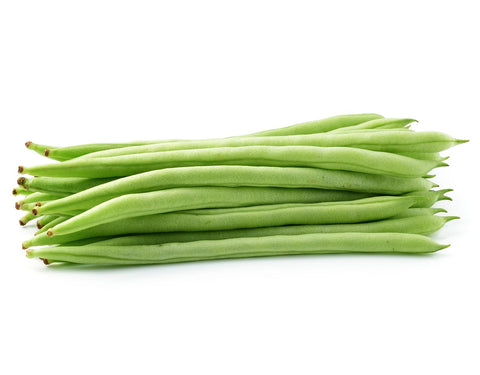
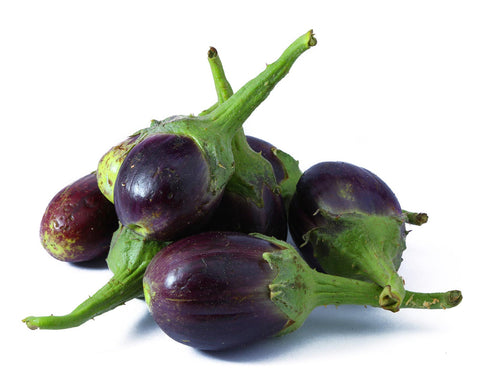
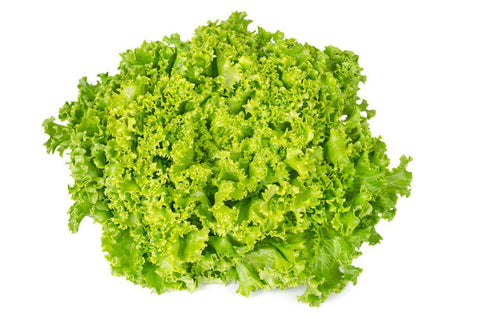
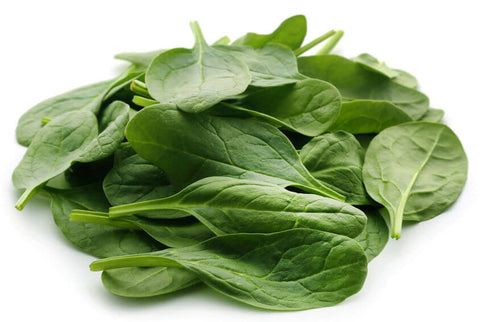
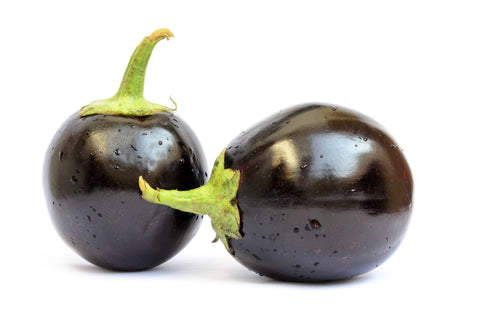
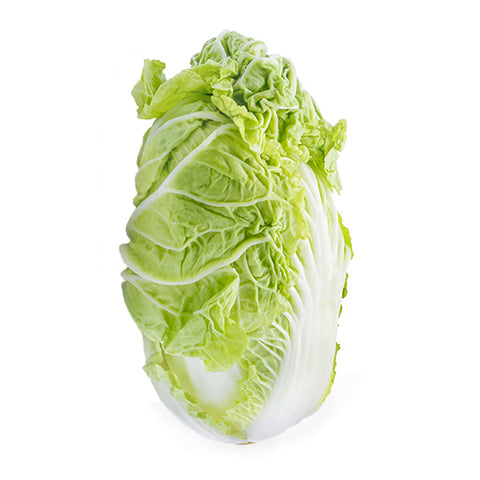
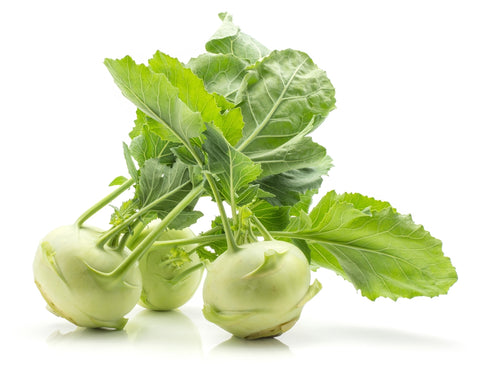
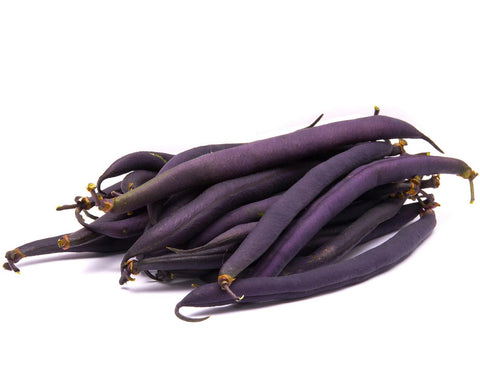
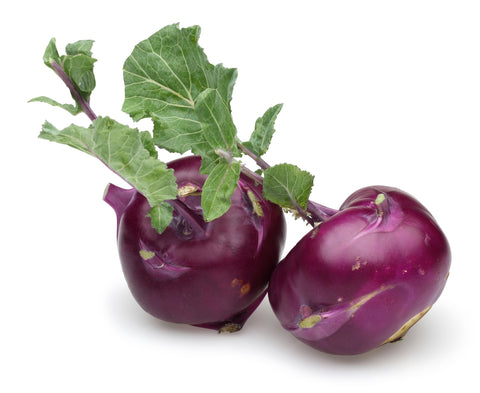
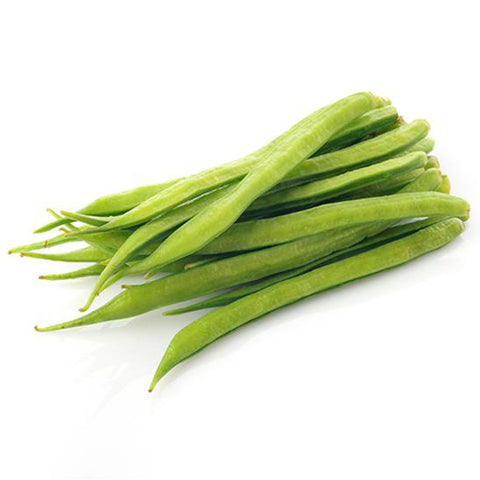
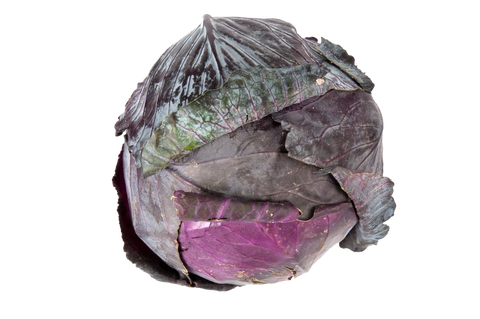






Let us know your feedback
* Comments must be approved before being displayed.